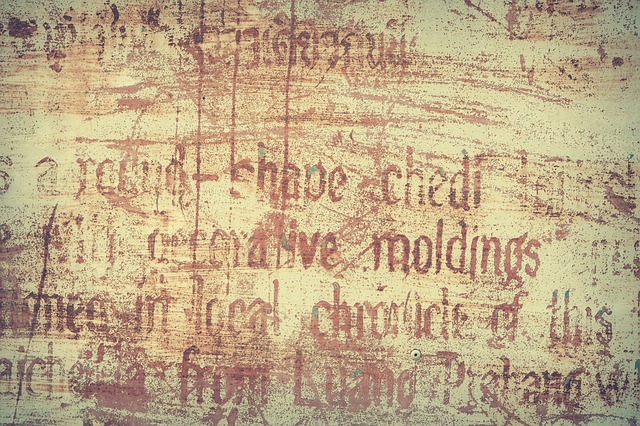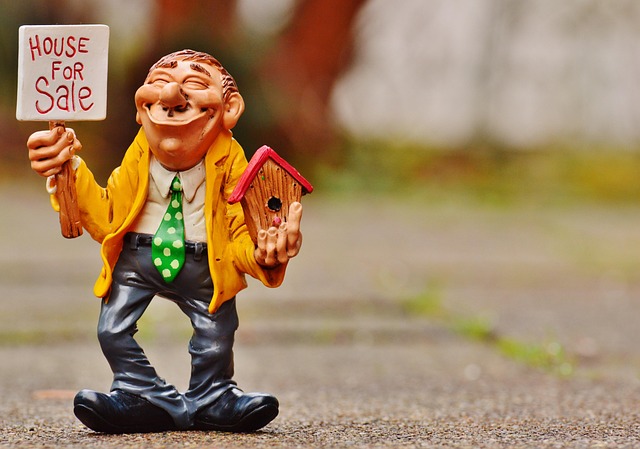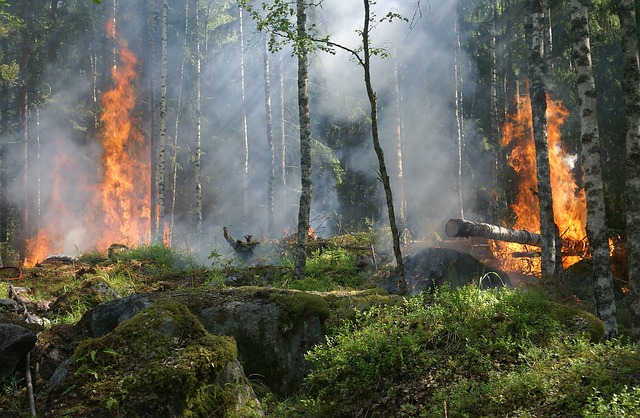Selling a fire-damaged property in Chicago requires adhering to stringent building codes and disclosure laws to ensure fair practices and protect residents. Property owners must address safety, structural integrity, electrical, plumbing, and fire safety standards, as well as transparently communicate any known damage or previous fires to potential buyers. Understanding these regulations, the economic impacts on property values and insurance claims, and taking strategic steps like professional assessments, expert consultations, temporary repairs, and enhancing curb appeal can facilitate the sale of a fire-damaged home in Chicago.
“Chicago housing regulations form a complex yet crucial framework for property owners and prospective buyers alike. This comprehensive guide delves into the intricate details of understanding and navigating these rules, especially in the context of selling a fire-damaged property in Chicago. From legal considerations to insurance claims and property value impacts, this article offers a thorough roadmap for those looking to sell a fire-damaged house in the city. By exploring practical steps and important insights, it guides you through Chicago’s housing market post-fire incident.”
- Understanding Chicago's Housing Regulations: A Comprehensive Guide
- Selling a Fire-Damaged Property: Legal Considerations in Chicago
- The Impact of Fire Damage on Property Value and Insurance Claims
- Steps to Navigate Chicago's Housing Market After a Fire Incident
Understanding Chicago's Housing Regulations: A Comprehensive Guide
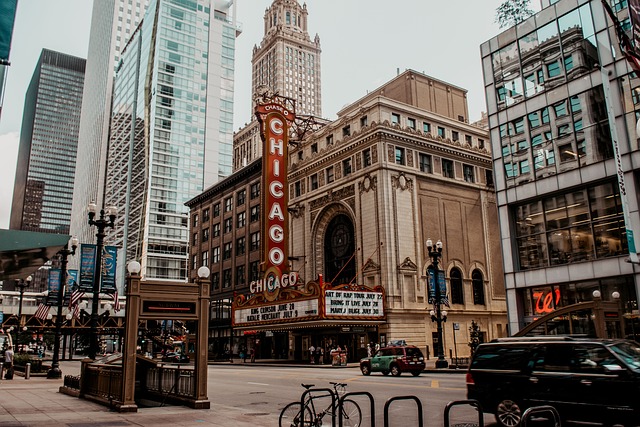
Chicago, known for its vibrant architecture and diverse neighborhoods, has comprehensive housing regulations in place to ensure fair practices and protect residents. When considering selling a fire-damaged house in Chicago, understanding these regulations is crucial. The city has strict guidelines regarding safety, rehabilitation, and disclosure requirements for such properties.
Property owners must adhere to specific standards set by the Building Department when repairing or rehabilitating fire-damaged buildings. This includes structural repairs, electrical updates, and compliance with modern safety codes. Additionally, sellers are obligated to disclose any known issues or previous damage, including fire-related incidents, to potential buyers, ensuring transparency throughout the selling process. These regulations aim to safeguard buyers and promote ethical practices in the real estate market, especially when dealing with unique properties like those affected by fires.
Selling a Fire-Damaged Property: Legal Considerations in Chicago
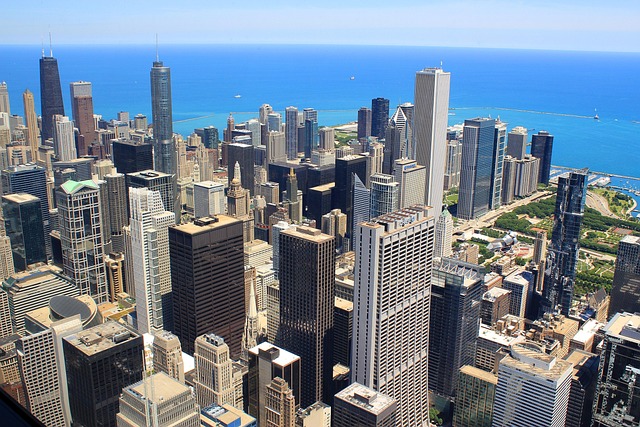
Selling a fire-damaged property in Chicago involves navigating specific legal considerations due to the city’s stringent building codes and safety regulations. Before putting a fire-damaged house on the market, it is crucial to understand that any repairs or renovations must comply with the Chicago Building Code (CBC). This includes structural fixes, electrical work, plumbing, and ensuring the property meets safety standards for fire prevention and suppression systems. Failure to adhere to these regulations can result in fines, delays, or even legal issues during the selling process.
Real estate agents and prospective buyers should also be aware of disclosure requirements when marketing a fire-damaged property in Chicago. Sellers are legally obligated to disclose any known damages, including structural issues, water damage, or previous fires, to potential buyers. Transparency is key; concealing such information can lead to legal repercussions and may even void the sale contract. Understanding these legal considerations is essential for both sellers looking to monetize their fire-damaged property and buyers who wish to invest in Chicago real estate with confidence.
The Impact of Fire Damage on Property Value and Insurance Claims
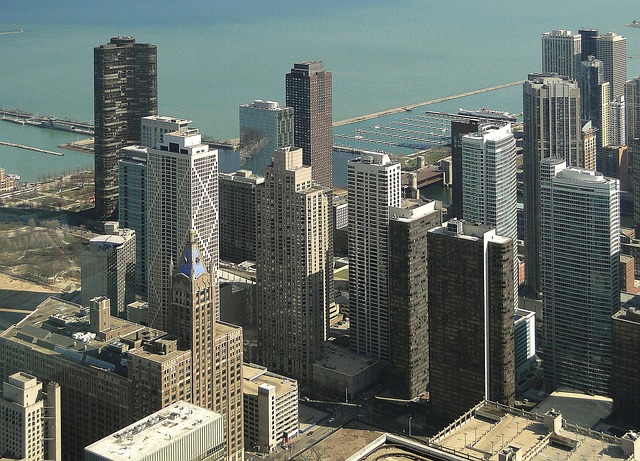
Fire damage can significantly impact the property value and insurance claims in Chicago, affecting both homeowners and real estate market dynamics. When a home suffers fire damage, it not only results in physical destruction but also carries economic consequences. The extent of the damage plays a crucial role in determining the cost of repairs, which can be substantial. In many cases, selling a fire-damaged house in Chicago becomes a complex process as buyers often hesitate due to the perceived risks and additional expenses associated with such properties.
Insurance claims are a vital aspect of this scenario. Homeowners’ insurance policies typically cover fire damage, but the process of filing and settling these claims can be intricate. Insurance adjusters carefully assess the damage, and the resulting settlement may not always fully compensate for the repairs or the emotional distress caused. This can lead to a situation where property owners are left with significant out-of-pocket expenses, further impacting their ability to sell their damaged homes at market value. Understanding these factors is essential for both buyers and sellers navigating the Chicago real estate market, especially when dealing with fire-damaged properties.
Steps to Navigate Chicago's Housing Market After a Fire Incident
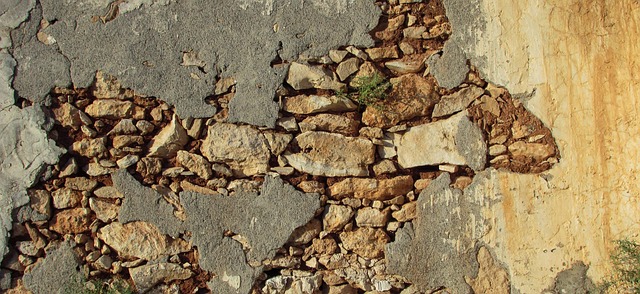
After a fire incident, navigating Chicago’s housing market can be challenging, but with the right steps, selling a fire-damaged home is possible. The first step is to assess the extent of damage. Engage professional estimators and firefighters to evaluate the structure and determine if it’s safe to enter or if it needs to be demolished. This crucial step will help you understand the scope of repairs needed and potential costs.
Next, consult with real estate professionals experienced in selling fire-damaged properties. They can guide you through the process, including any necessary disclosures, insurance claims, and legal considerations. Prepare your home for the market by addressing safety concerns, temporarily repairing structural damage, and enhancing its curb appeal. Marketing a fire-damaged property honestly but positively will attract buyers who appreciate transparency and the potential for transformation.
Chicago’s housing regulations, particularly regarding fire-damaged properties, require careful navigation. Understanding the legal considerations and market dynamics is crucial for anyone looking to sell a fire-damaged home in the city. By following the outlined steps and staying informed about local rules, you can successfully navigate the process of selling a fire-damaged property in Chicago. This comprehensive guide equips homeowners with the knowledge needed to make informed decisions and ensure a smooth transition during this challenging time.
